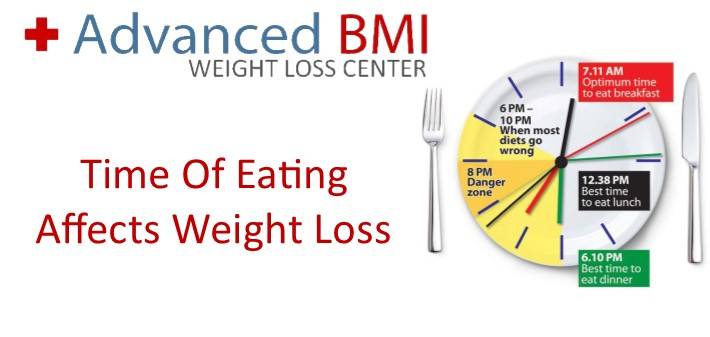Introduction: New research aimed at finding out how time of eating affects weight loss has added more evidence suggesting that it is not only what we eat that matters, but also when we eat.
With technological distractions like television, smartphones and tablets becoming more and more popular, staying up late has become the new norm. Almost everyone, young or old, stays up till around or past midnight, which can only mean one thing: late night eating. This is especially true in Lebanon, where even school students stay up past 10 o’clock and consume late night snacks.
This is a big shift in lifestyle compared to how people lived a hundred years ago. Last century, people ate during a period of 8 to 12 hours in a day. In contrast, many people today spread out their caloric intake throughout a longer period (for example 15 hours per day). A new study suggests that this might be a contributor to obesity, diabetes, and high cholesterol.
New Study Shows That Time Of Eating Affects Weight Loss
The study was performed on 400 mice ranging from normal weight to overweight. The mice were subjected to several kinds of diets with varying time limits.
It was found that the mice who were fed during an 8 to 12 hour period were thinner and had normal weight, even if their diets were high in fat. Other mice, however, were fed the same amount of calories as their time-limited counterparts, but had no time restriction. These mice gained more weight.
Some of the mice who were fed in a limited time were also given no limitation during the weekends: for two days each week, they were given free access to fatty foods. These mice also gained less weight than those who were given the free choice all the time. This means that it is okay for some cheating during the time restricted diet.
One important experiment was conducted on mice who were already obese and then limited to eating a diet rich in fat for 8 to 12 hours a day. These mice actually lost as much as 5% of their total weight in a few days, although they were fed the same amount of calories.
What Does This Mean?
Although it has only been conducted on mice, this study is promising for the prevention of obesity, diabetes, and cholesterol. It shows that restricting the time of eating can prevent and even reverse weight gain. By limiting the time of eating to 8 – 12 hours per day, instead of extending your meals over the course of more hours, you can keep your weight under control and even lose weight, thereby warding off serious conditions such as diabetes and high cholesterol, even if your diet is high in fat.









